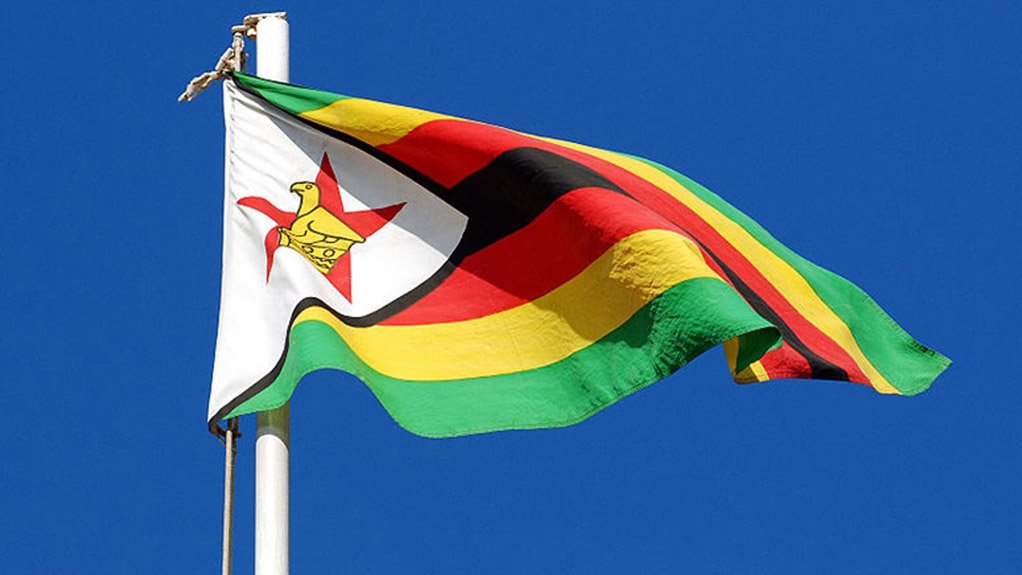Dressed in torn, baggy safari shorts, a khaki shirt, gumboots and a sun hat, fifty-five-year-old farmer Joseph Mupakare sits on a hand-made wooden stool at his farm in Chegutu in Zimbabwe's Mashonaland West province, staring at the barren blue sky.
Mupakare's livelihood - like most Zimbabweans - has been roiled by the vagaries of a rapidly deteriorating economy. Annualised inflation in the troubled Southern African nation is believed to have topped 500% last year.
But as someone who makes their living tilling the land, Mupakare's financial pain has been exacerbated by a deluge of crushing taxes and levies."The taxes are just too much," Mupakare tells Al Jazeera.
That pressure is not simply borne by farmers. Once considered Africa's breadbasket, Zimbabwe is suffering from a food crisis one of its worst droughts in recent history.
The 2019 maize harvest was roughly half of the previous year's.
The World Food Programme, which plans to assist more than 4-million Zimbabweans this year, is predicting another dismal harvest in April.
"Farmers just have too many taxes imposed on them," says Edward Dune, chief executive of the Zimbabwe National Farmers Union (ZNFU).
"There is the rural development tax which is paid to the local government authorities, the tobacco levy on the tobacco farmer and the livestock levy," he tells Al Jazeera.
The experience of tobacco farmers lays bare just how onerous the tax burden has become.
Tobacco is among the country's most valuable export commodities, earning $933-million in 2016. But those who choose to farm the crop, including Mukapare, must run a gauntlet of taxes that erode their already slim profit margins.
There is 0.75% government tax on all tobacco delivered to auction, and a 0.8% levy charged by the Tobacco Industry and Marketing Board for the gross value of tobacco sold at the auction. The Ministry of Agriculture also deducts $0.875 per kg from the gross value of tobacco sold at the auction.
Before their crops even get to market though, tobacco farmers must play compliance levies for sustainable land management, including afforestaion (planting new forests) and reforestation taxes.
"I owe local authorities around 400 Zimbabwe dollars ($20 at black market exchange rates) for various taxes and levies and the government, as well," Mukapare said.
A study conducted by the Zimbabwe Farmers Union (ZFU) found that while the country's cattle is competitively priced for the region, compliance levies on Zimbabwe's livestock farmers make it an uncompetitive enterprise.
"For all commodities produced in Zimbabwe, the cost of compliance is just huge," ZFU president Paul Zakaria tells Al Jazeera. "We have done a cost of compliance in the beef industry and they are not making money because of the cost of compliance."
The hyperinflation factor
If farmers fail to pay taxes, they could face penalties ranging from fines to jail time. But paying the myriad levies has become even tougher as the country wrestles with a severe economic crisis and the government scrambles to fill depleting coffers.
The twin burden of economic crisis and drought has already led many farmers to leave their fields fallow this season.
As hyperinflation has eroded the value of the Zimbabwean dollar, prices for inputs, including seeds and fertilizer, have soared. That's left many small farmers in a nation of smallholders unable to close the gap between increasingly costly agricultural supplies and their now-worthless savings.
The Zimbabwean government has made low-cost loans available to farmers, but Mupakare says stringent conditions that require him to pledge his farm as collateral, plus the weather, make the risk of foreclosure too great.
"The weather is looking like it's going to be a drought. When I fail to repay the loan they will go after the security," he says. "I am not planting any crops this season."
EMAIL THIS ARTICLE SAVE THIS ARTICLE
To subscribe email subscriptions@creamermedia.co.za or click here
To advertise email advertising@creamermedia.co.za or click here











